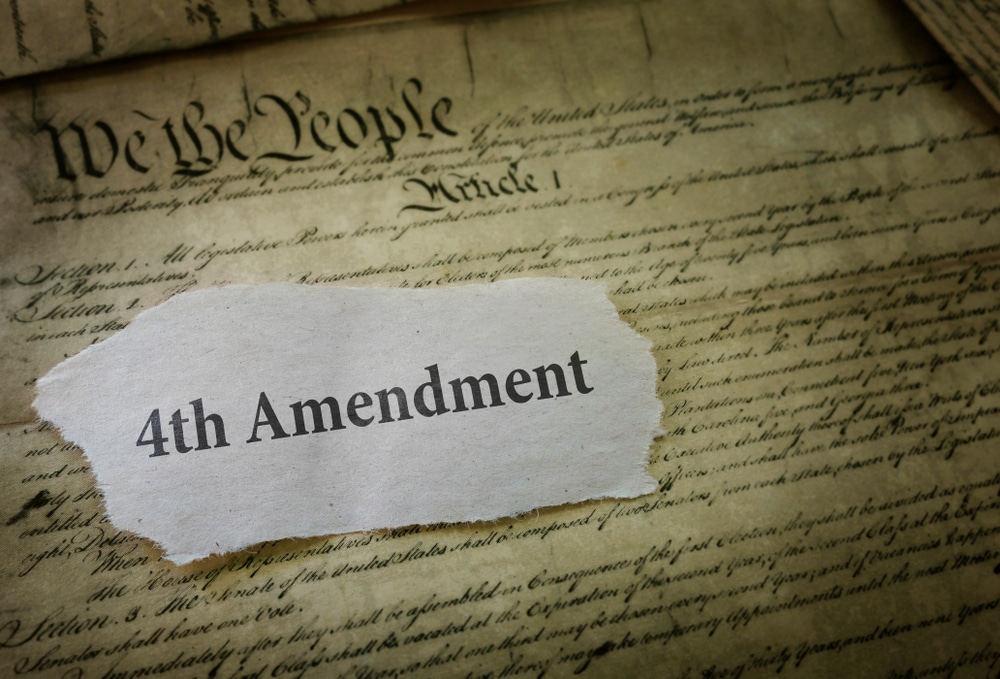Most people are aware that the police are usually prohibited from searching a premises or person without a warrant under the Fourth Amendment of the U.S. Constitution. A search warrant is a court order issued for the purpose of authorizing law enforcement to conduct a search of a designated person, place, or vehicle to seize specific property — such as drugs, firearms, or other evidence in connection with a crime. Search warrants can be applied for by law enforcement after a lengthy investigation or they may be requested quickly in cases where there is a concern that evidence will be destroyed.
When Can Police Obtain a Search Warrant?
In order to obtain a search warrant to seize specific property, law enforcement must establish probable cause that the contraband may be found in the place designated in their application. The police can make an application to the court with jurisdiction over the case in writing or orally. The warrant should contain allegations of fact in connection with the alleged crime, based upon the officer’s personal knowledge or upon information and belief.
Personal property can be subject to seizure under a search warrant if police have reasonable cause to believe it is stolen, unlawfully possessed, used to commit a crime, or used to conceal a crime. Once the property subject to the search warrant has been seized, the court will either retain it or direct that the person who applied for the warrant retain custody of it.
How is a Search Warrant Issued?
Search warrants can be issued by a district court, the New York City criminal court, or by a superior court judge who is sitting as a local criminal court. Warrants issued by these courts may be carried out anywhere in the state. Those issued by a city court, a town court, or a village court can only be executed within the county where it was issued or an adjoining county.
To obtain a search warrant, a police officer’s application must contain certain information.
- The name of the court
- The applicant’s title
- A statement specifying that there is reasonable cause to believe that the designated property will be found in the described place
- Allegations of fact to support the statement setting forth the reasonable cause
- A request that the court issue the warrant directing a search and seizure for the subject property
- A copy of the arrest warrant and accusatory instrument
In some cases, the application might also contain a request that the warrant can be carried out at any time of the day or night. In addition, an officer may ask the court to authorize them to enter without giving notice of their authority and purpose.
When Can a Search Warrant Be Executed?
Under New York law, search warrants must be executed within ten days of being issued and returned to the court without delay. Search warrants can be carried out on any day of the week — but they can only be executed between 6:00 a.m. and 9:00 p.m. unless the warrant expressly states that it can be executed at any time of the day or night.
When executing a search warrant, a police officer must typically give notice of their authority to the occupant before entering the premises to be searched. Upon request, they must show the warrant or a copy of it. If the officer is not permitted entry upon furnishing the warrant, they may forcibly enter and use the amount of non-deadly physical force necessary to carry out the warrant. An officer is generally not required to give notice of their authority and purpose in executing the warrant if the premises are unoccupied or the warrant expressly authorizes the officer to enter without notice.
Contact an Experienced New York Criminal Defense Attorney
If you are facing criminal charges and have been subjected to an unlawful search and seizure, your Fourth Amendment rights may have been violated. In such instances, the evidence obtained against you may be excluded from trial and it’s important to have an experienced criminal defense attorney by your side who can protect your rights. The criminal defense attorneys at D’Emilia Law provide skillful defense and knowledgeable representation for a wide variety of criminal offenses and strive to obtain the best possible results for every client. To schedule a consultation, contact us at 1-888-DEMILIA.











